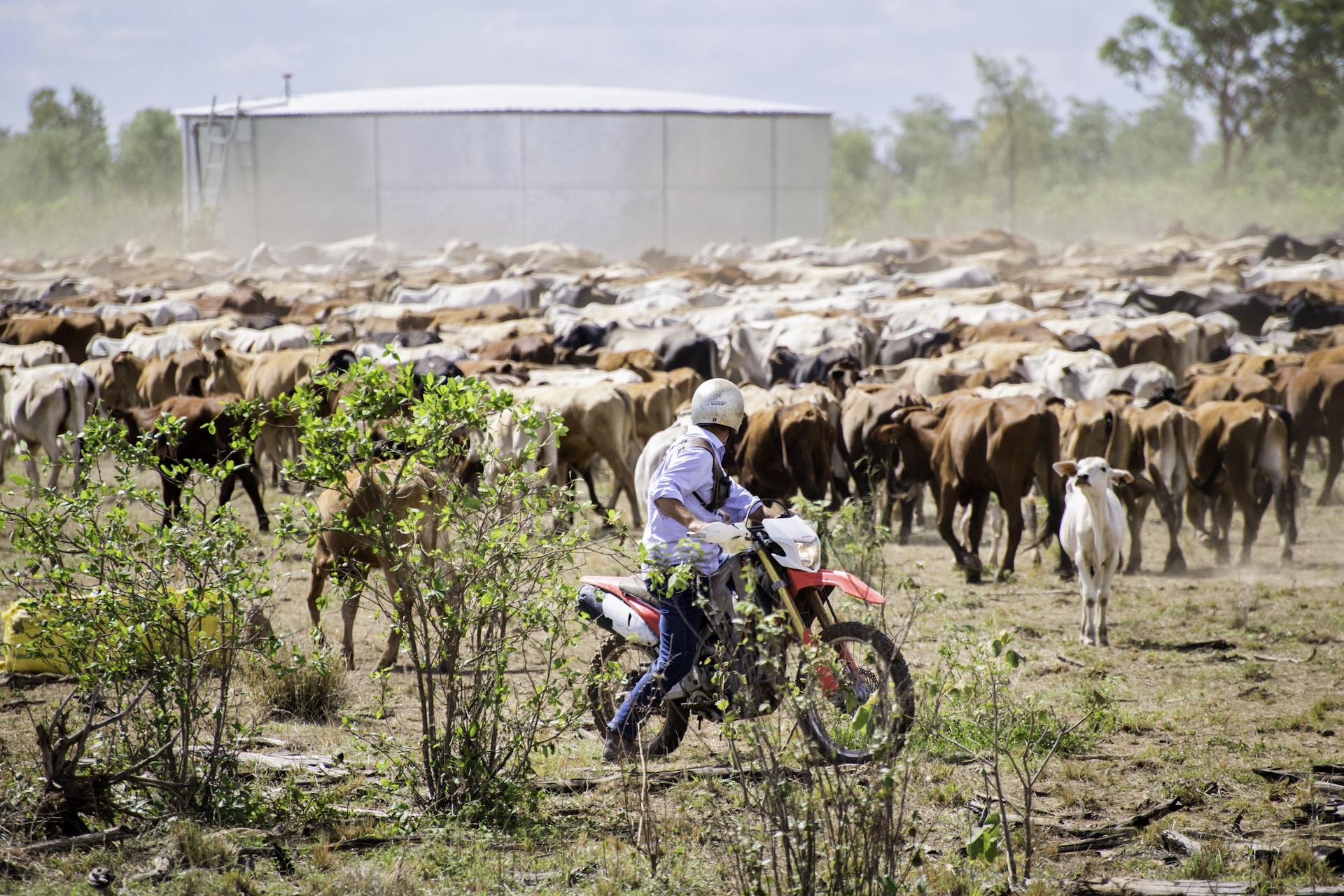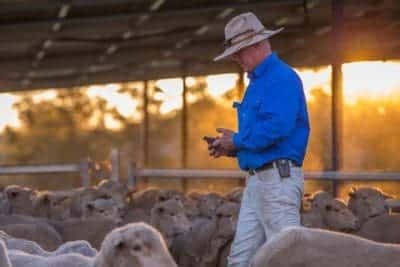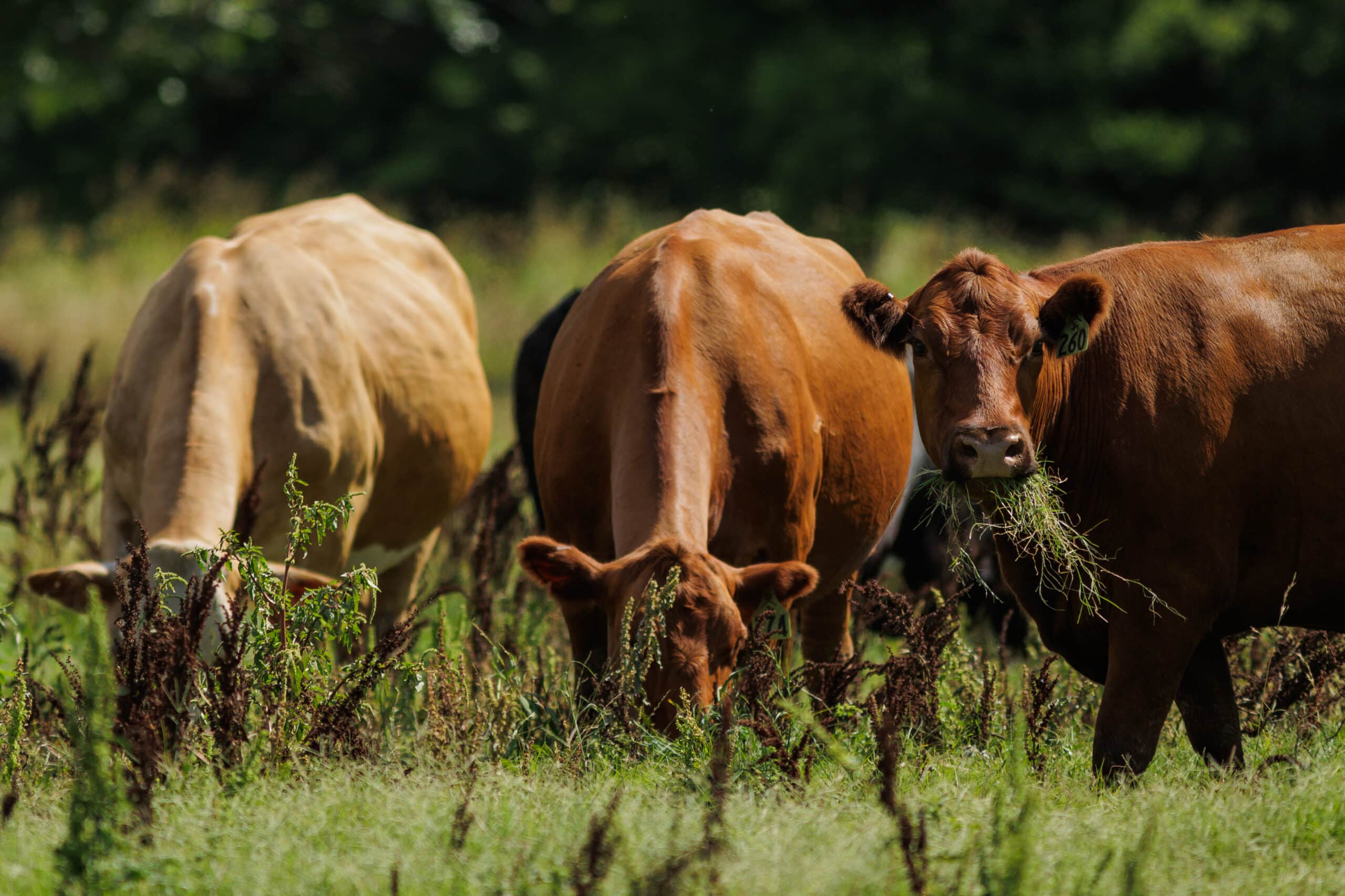Will consumers pay more for low carbon beef?

Are consumers willing to pay more?
It seems that people are making more conscious choices about where their produce comes from and its production methods. Consumers consider animals raised without antibiotics or hormones, grass-fed and humanely treated, as “environmentally friendly”. They are also conscious about the eco-friendly packaging a product may or may not come in.
A recent survey by PWC shows that consumers want cheap options for many consumables. However, some are prioritising products that are sustainable. They are willing to pay almost 10% more for them.
However, whilst 50% of those in the PWC survey will pay a 10% premium for sustainable products, most companies analysed in the survey were charging nearly 30% extra. This is unattainable for most respondents in the survey.
It seems that whilst people are prepared to pay more for low carbon products, there is a limit to their spending due to the high cost-of-living. If retailers drop their prices to around a 10% premium for these products, then customers will stretch that far.
Almost two-thirds of consumers say that the most significant increase in spending has been on groceries and a third say that inflation is affecting their purchasing choices.
Which retailers and processors have low(er) carbon meat schemes?
In the UK there are a few retailers that are selling low-carbon red meat to their customers.
ABP and Blade Farming has teamed up with Sainsbury’s and AgriWebb to produce an integrated beef supply chain called Gamechanger. It uses the very best Aberdeen Angus genetics which the supermarket sells as 100% British Sainsbury’s lower carbon Taste the Difference Aberdeen Angus beef. This also means 25% less carbon.
Scotbeef has set up a supply chain named Green Angus. It promises a fair and transparent supply chain. They are using data to drive genetic decisions as well as working closely with key stakeholders.
The Morrisons Sustainable Beef and Lamb Scheme is another programme. It offers advice and discounts to its farmers helping them to reduce their carbon emissions and be more nature positive. To ensure they produce sustainable meat, the scheme looks at the farm as a whole aiming to reduce carbon emissions. They do this through improving feed efficiency as well as off-setting through tree planting and soil sequestration.



